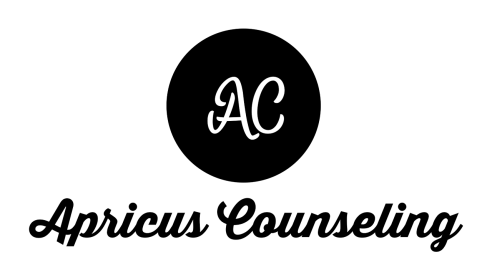FAQ: ADHD and Anxiety Therapy Questions
When it comes to ADHD and anxiety, many parents (and adults) wonder: What’s really going on here? These two conditions often overlap, share similar traits, and can sometimes be mistaken for one another. Below, I’ve answered some of the most common questions I hear in therapy about ADHD and anxiety—how they look alike, how they differ, and why they so often show up together.
❓ Can anxiety look like ADHD?
Yes, absolutely. Anxiety can make it hard to focus, follow through on tasks, or sit still—things we often associate with ADHD. A child (or adult) who seems “distracted” may actually be preoccupied with anxious thoughts rather than struggling with attention regulation.
❓ How do ADHD and anxiety look similar?
Trouble focusing or paying attention
Restlessness or fidgeting
Forgetfulness
Difficulty completing tasks
Feeling overwhelmed easily
From the outside, both can look like distractibility, avoidance, or lack of organization.
❓ How do ADHD and anxiety look different?
ADHD: challenges with attention and impulsivity are present across settings (home, school, work) regardless of stress level.
Anxiety: difficulties often flare up in specific situations (tests, social events, transitions) and are driven by worry, fear, or perfectionism.
Put simply: with ADHD, the brain struggles to regulate attention consistently; with anxiety, the brain is hijacked by worry.
❓ Why do ADHD and anxiety often show up together?
Research shows that ADHD and anxiety frequently co-occur. Why?
Living with ADHD can be stressful—forgetting assignments, losing things, or feeling “different” can create worry over time.
Both involve how the brain processes stress and attention.
Genetics play a role: families may have patterns of both ADHD and anxiety.
It’s not unusual for therapy clients to have both, and treatment often needs to support both sides.
❓ Where is there overlap between ADHD and anxiety?
Both affect executive functioning (planning, organizing, prioritizing).
Both can create sleep challenges, which then make symptoms worse.
Both can lead to self-doubt or low confidence, especially when struggles are misunderstood.
❓ How can therapy help when ADHD and anxiety overlap?
Skill-building for organization, routines, and attention
Coping strategies for worry and overwhelm
Self-compassion and reframing, reducing shame and negative self-talk
Parent support (for kids) so caregivers can respond with understanding, not frustration
The key: a therapist helps untangle whether symptoms are ADHD, anxiety, or both—and creates a plan tailored to that unique mix.
Final Thoughts
ADHD and anxiety can feel complicated, especially when they overlap. The good news: therapy offers tools, strategies, and support that address both—helping children and adults build confidence, resilience, and calm. If you’re unsure what’s at play, starting with a trauma-informed therapist can bring clarity and relief.


